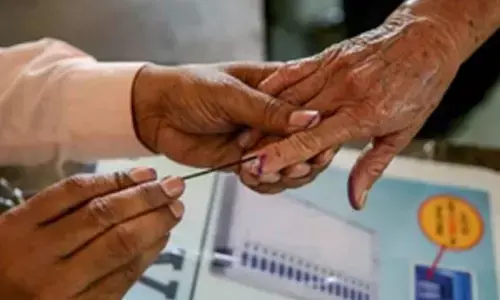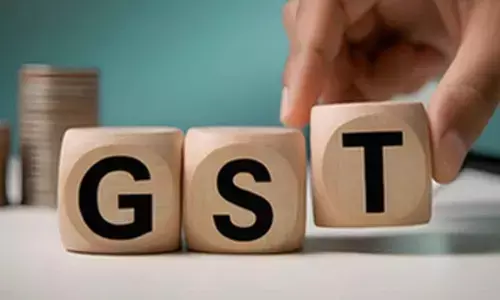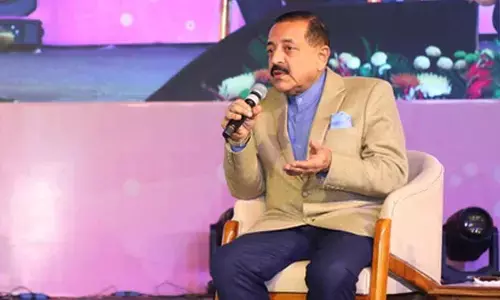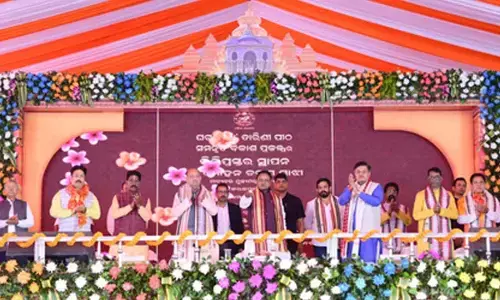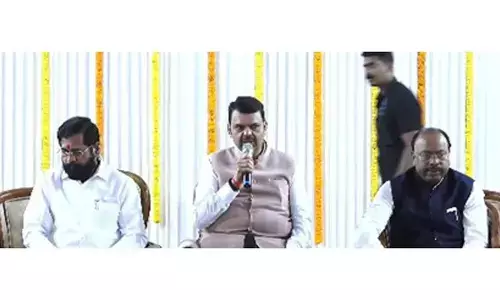Muslim religious leaders oppose call to close Madrasas, cite Supreme Court order
Share :
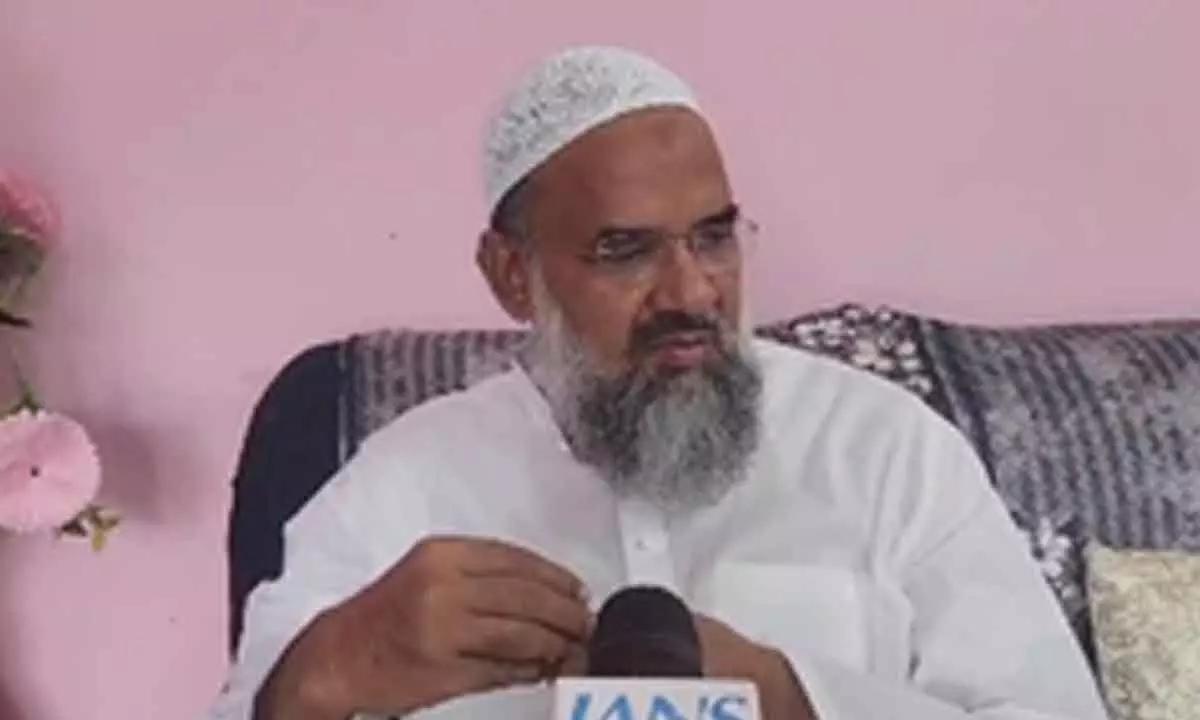
Following recommendations by the National Commission for Protection of Child Rights (NCPCR) to halt funding to Madrasa Boards across India, the UP-Madrasa Teachers Association has criticised the move, calling it contempt of court.
New Delhi: Following recommendations by the National Commission for Protection of Child Rights (NCPCR) to halt funding to Madrasa Boards across India, the UP-Madrasa Teachers Association has criticised the move, calling it contempt of court.
Diwan Saheb Jamoun Khan, principal of a madrasa in Uttar Pradesh, told IANS, "Madrasas have been an established educational system since 1908. Languages like Sanskrit, Arabic, and Persian must be preserved. In Banaras alone, there are 100 recognised madrasas educating around 200,000 children. The matter is still pending in the Supreme Court, so such recommendations should not have been made."
Khan expressed concerns about the legality of the NCPCR’s appeal, adding, "I will consult my lawyer to determine if this recommendation violates the Supreme Court's stay order. The court has emphasised reform in the system."
Muslim religious leader Hafiz Mohammed Khalid echoed similar sentiments, questioning the selective targeting of madrasas. "There are numerous cases of misconduct in regular schools, but have those schools been closed? If a teacher, whether from a madrasa or a school, is at fault, legal action should be taken against that individual, not the entire institution," he told IANS.
Addressing the broader issue of child education, Khalid added, "Madrasas and schools alike strive to provide proper education. If any wrongdoing is found, the law should address it accordingly. Closing down institutions isn't the solution."
Earlier, child rights panel chief Priyank Kanoongo had written to the Chief Secretaries of states and Union Territories, recommending that all states and Union Territories discontinue funding for Madrasa Boards and eventually shut them down. He also advised that non-Muslim children enrolled in madrasas be transferred to mainstream schools, as mandated by the Right to Education (RTE) Act, 2009.
The recommendations, he said, were based on a comprehensive report detailing the educational conditions of Muslim community children.
According to Kanoongo, this report is aimed at creating a roadmap for ensuring that all children in India grow up in a safe and productive environment, ultimately contributing to national development.
Talking to IANS, Priyank Kanoongo said, “The commission has studied this issue for the past nine years and researched how children from the Muslim community are deprived of school education due to madrasas, detailing the violations of their rights. We have sent a report on this matter to the Chief Secretaries via letter and requested them to close the Madrasa Boards in their respective states. These Madrasa Boards have failed to serve the purpose for which they were established.”
“Currently, there are still over 1.25 crore children in madrasas with no connection to the Madrasa Boards. The Madrasa Boards are merely receiving government funding while accommodating 1.9 to 2 million children, including non-Muslim Hindu children, to create an illusion of educational support,” he further said.









